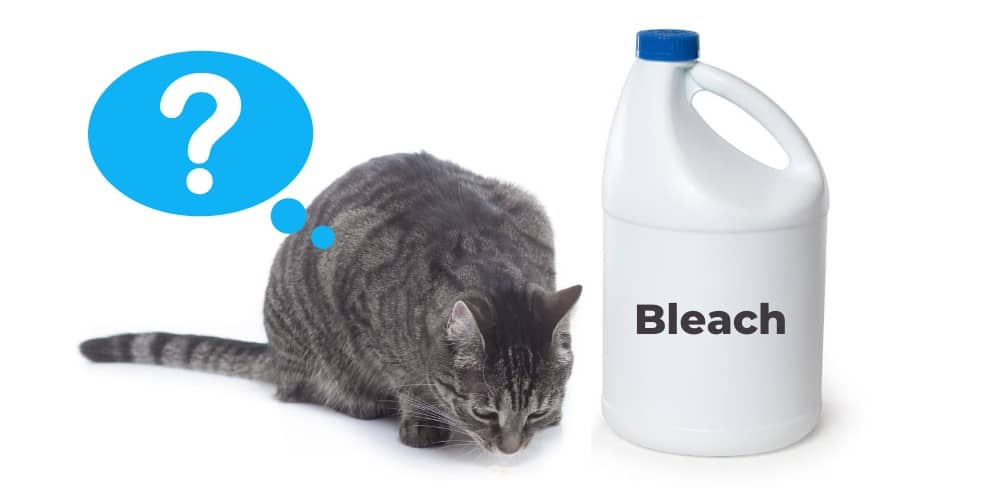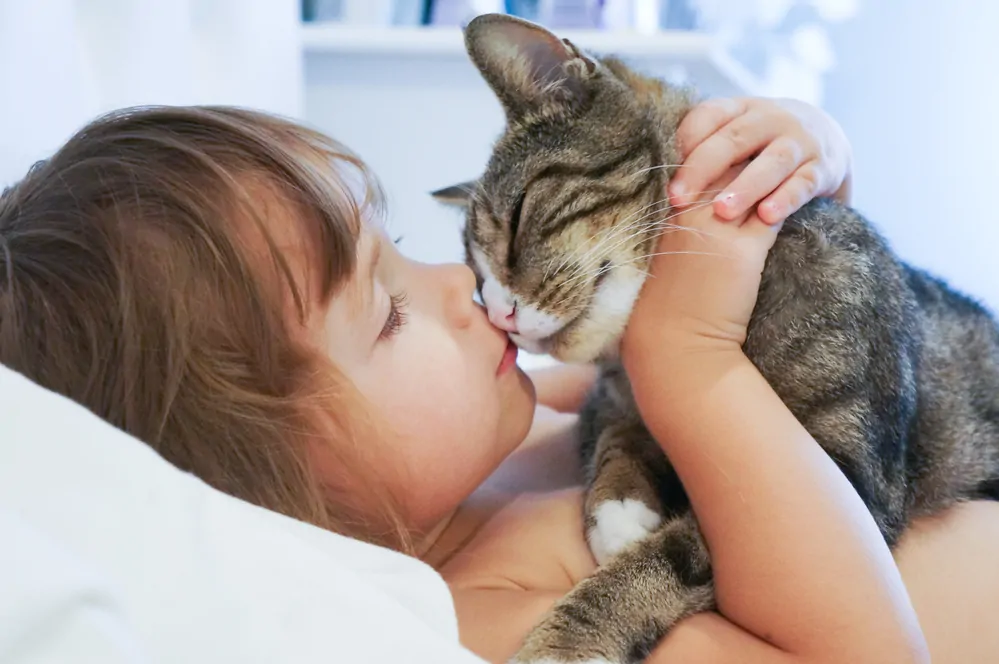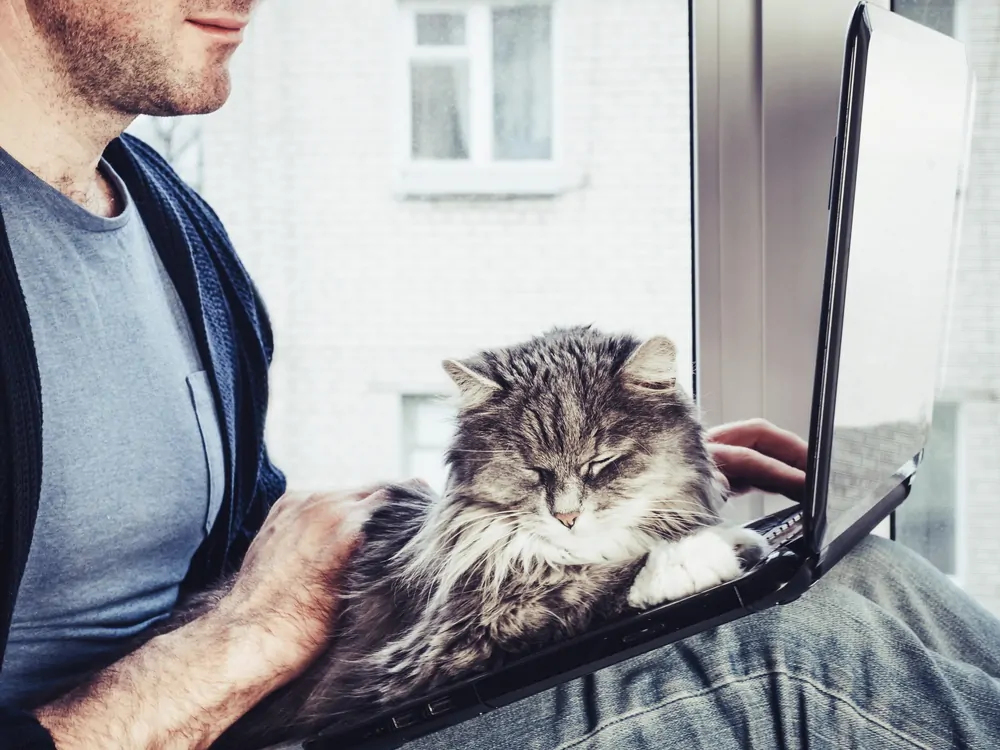Have you ever had your cat latch on to your arm after doing some cleaning around the house?
Why do cats like the smell of bleach so much?
This is one of the many behavioral questions that our four-legged feline friends cause us to ask.
Cats are attracted to the smell of bleach because bleach(especially the chlorine components), mimics the smell of pheromones in cat urine. The pheromone-like smell of bleach influences cats’ behaviors, interactions, and emotions.
This strange attraction can be a dangerous one, as cats can be attracted to materials that are harmful to them, even deadly.
Needless to say, cat owners need always be careful when doing anything around the house that involves these chemicals.
What are Pheromones?
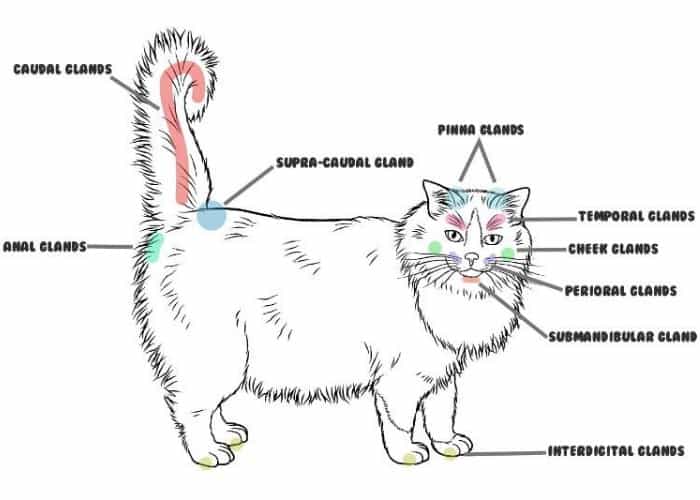
Pheromones are substances secreted or excreted that behave like hormones outside the body, which triggers a social response from others of the same species. (image source)
In animals, this is the calling card to let each other know that it’s time to mate.
Humans have this same process, but we cake ourselves with so many fragrances that we tend to look for other signs.
But this is a good thing, due to us humans having enough problems, never mind running around sniffing each other’s rear end.
Why Do Cats Like The Smell of Bleach Over Other Chemicals?
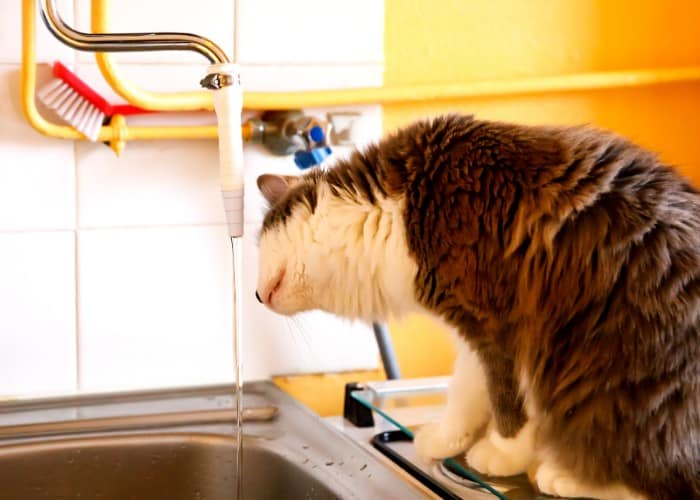
Well, the answer to this question leads us to another- Do the other chemicals contain chlorine?
Chlorine appears to be the largest factor involved in relating to a cat’s attraction to chemicals. Though chlorine has this effect on cats, it’s not the only chemical out there that does.
Bleach tends to have this effect much stronger than other detergents or other cleaning agents.
You can’t ask a cat why this is. Still, you can recognize that their sense of smell is far greater than ours.
They’re detecting elements within the smell of the bleach that they find more interesting than what they find in other detergents.
Other chemicals may not contain chlorine, and won’t have an attractant to cats as products that contain bleach would.
Also, many other household cleaners are diluted with water and other substances. Rendering them less potent than bleach, have no chlorine base, and the smells tend to please us rather than our four-legged friends.
The Response to Bleach is Similar to Catnip
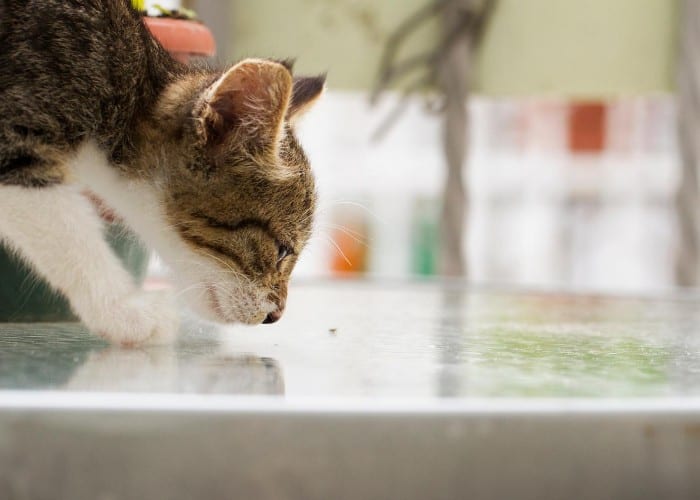
The pheromonal elements that they’re picking up likely confuse them as well as interest them, especially since they’re not picking it up from another cat- but on you!
The rubbing, drooling, biting, and sometimes a playful response can often imitate their reaction to catnip.
Like bleach, catnip contains elements that behave like pheromones. There’s oil in the catnip called nepetalactone that creates this response.
Fortunately, unlike bleach, catnip is not toxic or dangerous to the cat (this isn’t to say the same for your furniture, hands, or curtains once the cat is hyped up on catnip!)
Be Careful Using Bleach
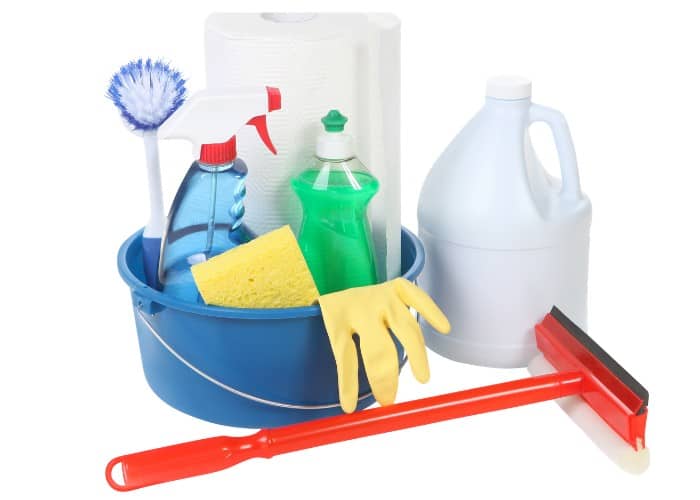
Bleach is most commonly used in the laundry room. However, many people use it to disinfect areas like kitchens and bathrooms.
Under normal circumstances, you need to be careful with bleach for your own sake. Bleach can create chemical burns on exposed skin- a deep, painful, and aggravating type of burn. Whether you have a cat or not, bleach is serious business.
Greater care must be taken when you have cats.
Why?
The obvious answer is that it is extremely dangerous for cats. Not just because they’re attracted to it, but if they walk through an area where you’ve cleaned with bleach, and is still wet, it gets on their paws and can harm their feet.
Also, they’ll lick it off their feet- now they’ve ingested it. It is that easy to poison your little four-legged loved one.
But there’s another reason that not too many people realize.
Chlorine Gas Poisoning
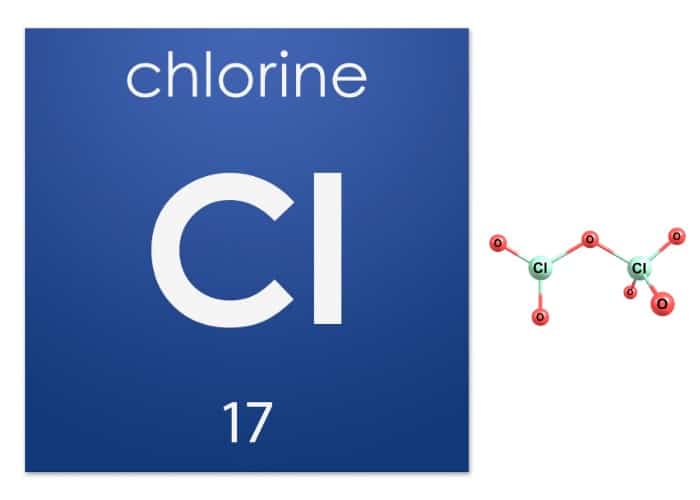
When you mix bleach with ammonia, you create chlorine gas. There is little that will ruin your day like chlorine gas.
The creation of chlorine gas is the major reason why every label on cleaners and detergents tells you clearly not to mix them with other cleaning detergents.
A big mistake a cat owner can make is to clean an area where the cat urinates or sprays with bleach or chlorine-based products.
Cat urine doesn’t just smell like ammonia- it is ammonia. More specifically, it turns into ammonia not long after hitting the air.
Cat urine has much higher levels of urea than dogs or humans, a major ingredient in ammonia.
Cats have 2% urea and 95% water in their urine. As the water evaporates, the urea becomes affected by bacteria and turns into urease, which then creates ammonia.
Never use a bleach-based product to clean around cat boxes or areas where the cat decides to relieve itself or mark.
Ammonia from cat urine is enough to create chlorine gas once mixed with bleach, which is toxic to both you and your pets.
Take Precautions

As mentioned above, if ever you’re using bleach, wash your hands afterward to make sure you’ve removed it from your skin. Taking simple and common-sense precautions can save you a bunch of headaches.
You’ll find that no matter what, your cats will still smell it on your hands. That’s fine.
The scent is one thing, but to still actually have it on you is another. Don’t think that you haven’t done enough if they still smell it.
One example is that sometimes, you’ll find that your cat is extremely and senselessly interested in your hands after switching a whitewash from the washer to the dryer.
The bleach from the laundry has washed down the drain, but the scent is still there.
It’s the scent that they’re interested in, rather than the bleach itself. So, don’t worry about harming your cat just because the scent remains.
When it comes to bleach and skin, you’ll know it if you haven’t taken enough precautions because you’ll start to feel it irritating your skin.
Conclusion
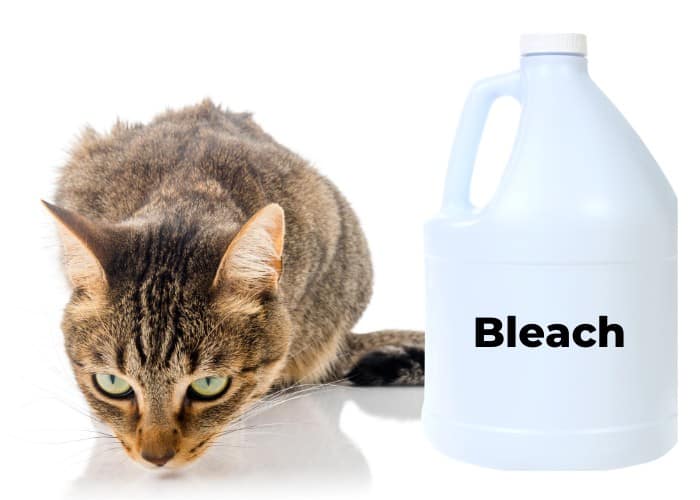
It can be entertaining to watch your cats go a little crazy over what they’re smelling on your skin.
It’s probably because it’s fun to observe creatures that are so inherently independent turn into mushes. Or to watch older reserved-mannered cats start to act like they’re kittens again.
But these small delights shouldn’t cause risk to your pet- nothing is worth that. Never purposefully handle bleach to watch the effect on your cat. That is dangerous and irresponsible.
If watching your cat behave weirdly is what you’re after, go with the catnip. It’s safe, non-toxic, and a lot of fun for your cat.
Also, it’s easier to deal with than teaching your cat to go after your hands when trying to fold up the whitewash!
Check out this strange cat behavior: Why Do Cats Like Q-tips?
